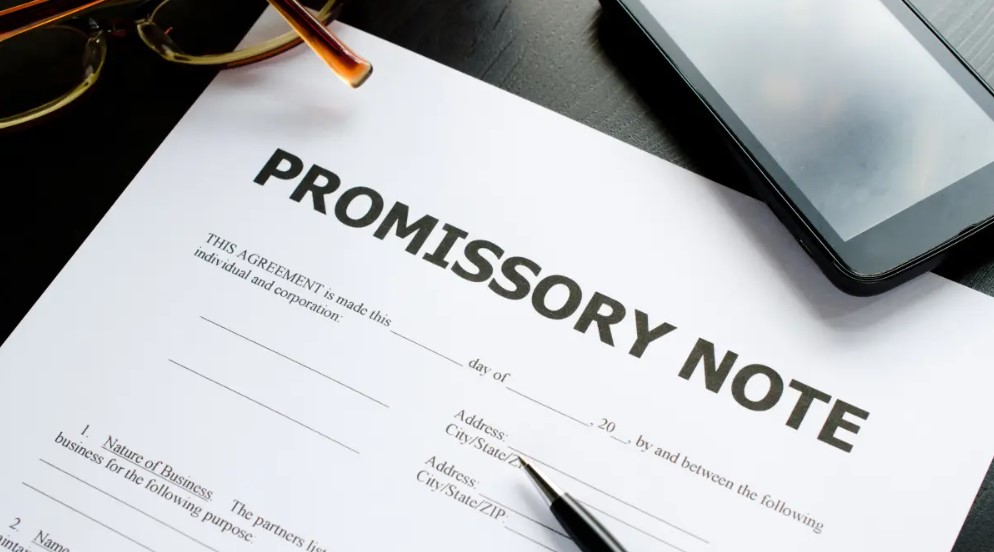What to Do If a Borrower Defaults on a Promissory Note
When a borrower defaults on a promissory note in NC, it can be a stressful and complicated situation for the lender. A promissory note is a legal agreement in which one party promises to pay a specified sum to another, and handling a default properly requires an understanding of the legal framework and appropriate steps to mitigate losses. Here’s what you can do if you find yourself facing this situation.
Understanding the Promissory Note
First and foremost, it’s crucial to thoroughly review the terms of the promissory note in North Carolina used to draft the agreement. This template typically outlines what constitutes a default, whether it’s missed payments, bankruptcy, or other violations of the terms of the note. Understanding these specifics is essential, as they will guide your actions and legal recourse.
Ensure that all communications with the borrower regarding the default are documented. This may include notices of missed payments, reminders, and any other correspondence. This documentation can be critical if the matter escalates to legal proceedings.
Communicating with the Borrower
Before taking more drastic measures, attempt to communicate with the borrower. There could be a valid reason for the default, such as financial hardship, and it might be possible to negotiate a modified payment plan that is more manageable for the borrower. Open communication can often lead to a resolution that is acceptable to both parties without needing to resort to legal action.
Legal Recourse
If renegotiations fail, and the borrower remains in default, it may be necessary to pursue legal recourse. Under North Carolina law, lenders have the right to enforce the promissory note through the court system. This could involve filing a lawsuit to obtain a judgment for the amount owed.
Once a judgment is obtained, there are several mechanisms available to collect the debt, such as garnishment of the borrower’s wages, seizing of assets, or placing liens on property. It’s important to note that these actions can only be taken following the proper legal proceedings and should be handled by a legal professional.
Engaging Legal Help
Handling a default may require professional legal assistance, especially if the situation involves significant sums or complex legal issues. An attorney with experience in debt collection and financial law in NC will be able to offer specific advice and help navigate the court system. They can ensure that all actions taken are lawful and that you have the best chance of recovering the debt owed.
Preventative Measures
To prevent future issues, consider revising the promissory note template North Carolina that you use for drafting such agreements. It may be beneficial to include clearer terms regarding the consequences of a default and more stringent borrower qualifications. Additionally, consider involving a legal advisor during the drafting stage to ensure that all legal bases are covered.
Conclusion
When a borrower defaults on a promissory note in NC, it’s important for lenders to approach the situation with a clear understanding of their legal rights and the available options. By starting with thorough documentation and an attempt to communicate and negotiate, you can often resolve the issue amicably. However, if these efforts fail, it is prudent to engage a qualified attorney to pursue your rights in court effectively. While dealing with a default is never an easy process, having a well-prepared strategy and professional assistance can significantly ease the burden.







